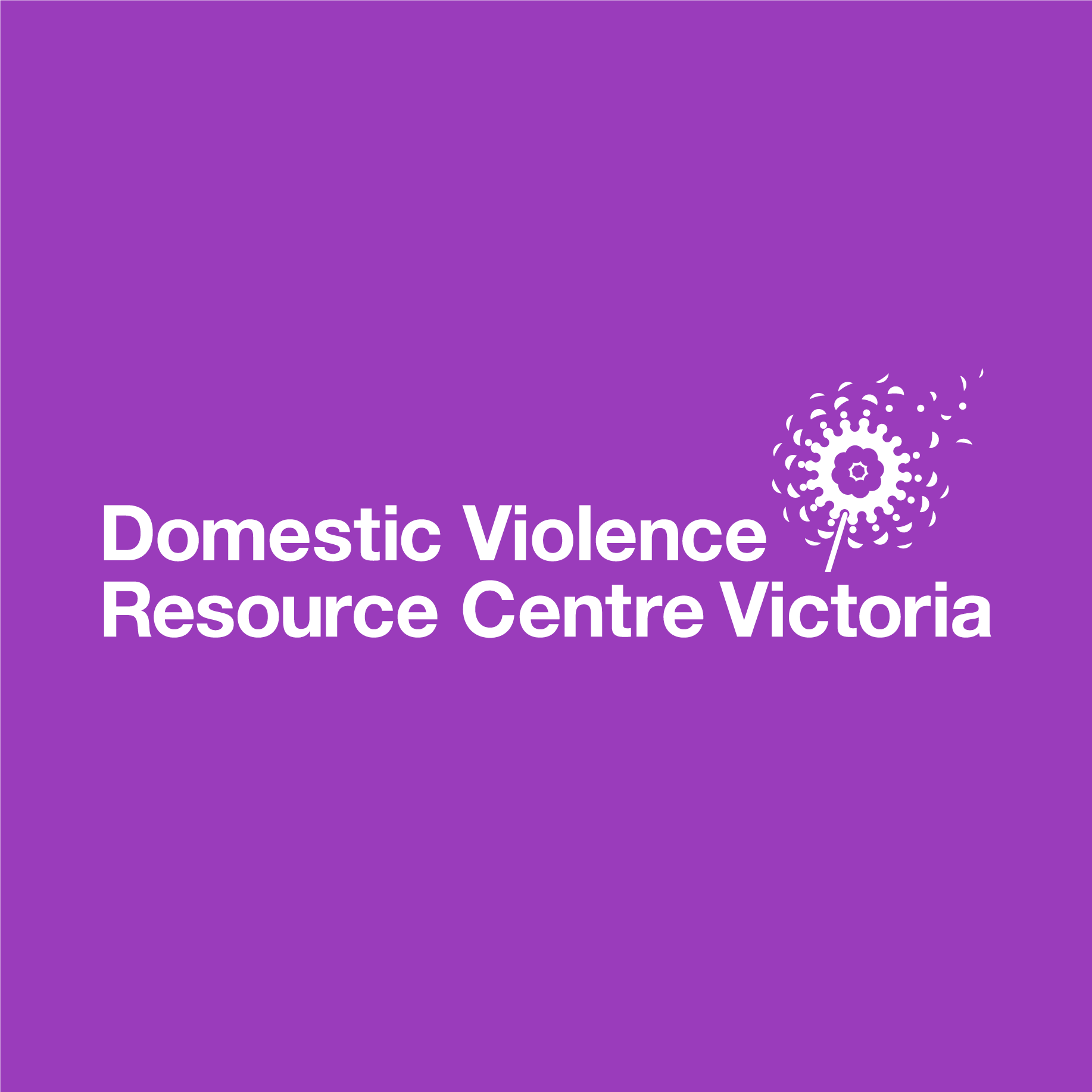As a result of the Prevention of Family Violence Act 2018, a new independent statutory authority, Respect Victoria, was founded to focus on the prevention of family violence in Victoria. We interviewed Respect Victoria CEO Tracey Gaudry and Our Watch CEO Patty Kinnersly about the possibilities of this new body.
Respect Victoria is the first agency solely devoted to preventing family violence and violence against women in Victoria. What are the priorities for this exciting new statutory authority?
Tracey Gaudry: Primary prevention is our number one priority – that is, to prevent all forms of family violence and violence against women before it starts. With the recent launch of our four-year strategic plan on 29 March, we’re aware that a change of this magnitude can take generations to achieve, but we’re in it for the long haul and more than that, we’re hopeful that our vison will be realised – that all people are safe, equal and respected, and free from all forms of family violence and violence against women. By coordinating and galvanising the prevention efforts that have come before Respect Victoria, a key part of our work is educating the community about the drivers of family violence. Most notably, helping people understand the role gender inequality plays in perpetuating the attitudes and social norms that have contributed to a culture where family violence remains hidden, and in many cases, often until it’s too late.
Family violence is an incredibly complicated issue, and many people see it as the consequence of an unhealthy relationship. As we know, there’s victim blaming and a whole host of blinkered attitudes that can prevent people from absorbing the bigger picture, and that can include discrimination based upon sex, gender and race. We’re committed to bringing the community at large along the prevention journey. We’ll do this by using evidence-informed research, lived experiences and the proven societal benefits of respect and equality to demonstrate how men, women, young people, everyone can contribute to making Victoria a safer, more equitable place to live.
How does Respect Victoria differ from Our Watch?
Patty Kinnersly: A really important key difference between these two agencies is that Respect Victoria is devoted to preventing family violence and violence against women. Our Watch was established in 2013 to drive nationwide change in the structures, norms and practices that underpin violence against women. Whilst there is significant overlap, Respect Victoria has a broader remit.
The other key difference is that Our Watch has national responsibility and works with state and territory governments (including Victoria) and receives funding from almost all state and territory governments.
What possibilities does Respect Victoria bring for Victoria’s prevention sector?
Tracey Gaudry: The possibilities for Respect Victoria are endless. As a new statutory authority, we’re on a steep establishment and development curve. Our focus is to cultivate relationships with leaders in primary prevention, to consult widely and build our research arm. In the six months since Respect Victoria’s inception, we have been thrilled with the results of our flagship ‘Call It Out’ campaign, and more recently, the response to Respect Victoria’s first strategic plan.
While there is some research into the attitudes, practices and power relations that drive family violence, there is still a lot to be done, and Respect Victoria aims to fill this gap with the support of government, our colleagues and partners. We’ll be engaging with workplaces, industry, sport, the arts, media, community organisations and others. Respect Victoria will also undertake and disseminate research into the drivers of all forms of family violence and violence against women. Using this research, we’ll be developing and promoting best practice primary prevention for government, industry, organisations and communities, and we’ll be providing advice about what programs work and where investment should be placed.
Informed by research and evidence, we’ll be leading social marketing campaigns and engaging with stakeholders across multiple sectors to build a culture of respect for all Victorians.
Patty Kinnersly: Addressing the underlying drivers of violence against women and family violence is an enormous task, the more hands and minds dedicated to that task, the closer we will be to a future where women and children can live without fear of violence.
Respect Victoria will also provide a central leadership organisation for Victoria that will provide clarity about what’s needed for prevention work, give good advice to government, and advance important work to advance knowledge about the drivers of family violence (broader than gendered violence against women).
Victoria’s decision to invest both in its work with Our Watch and in establishing Respect Victoria shows that this state is genuinely committed to ending violence against women and their children, and demonstrates an appreciation of the fact that addressing gender inequality is the only true long-term solution to this terrible problem.
This article features in the April 2019 edition of DVRCV Advocate.

